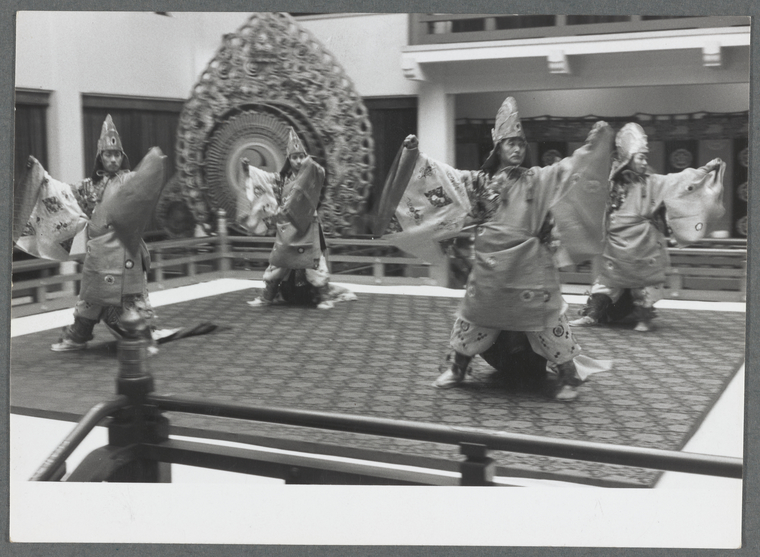
Gagaku is music and dance that came to Japan over 1300 years ago and has been primarily used for rituals, making it rare for the general public to see or hear.
However, it is now cherished as traditional Japanese music.
Despite this, information is often hard to come by, and opportunities to see or hear it can be missed.
Here is information on places and events where you can enjoy Gagaku performances and more ways to feel closer to this ancient art.
Established in 2005, the Gagaku Council publishes newsletters. These newsletters contain information on performances and local Gagaku groups' performances at temples and shrines. The Gagaku Council was originally established "to strive for the essential positioning of Gagaku, with responsibility to pass on the culture to the next generation, with Gagaku performers and related persons cooperating to maintain, develop, and inherit this precious culture." Therefore, they also engage in research and activities to restore materials for Gagaku instruments (such as reeds for the hichiriki).
Gagaku Council
In addition, the General Incorporated Association Gagaku Association was established in September 2023 to "maintain the tradition of Gagaku while promoting its spread and development, and contributing to the development of culture and arts."
Gagaku Association
A famous performance group is Reigakusha, founded in 1985 by the late Mr. Sukeyasu Shiba. They hold regular performances and attempt to revive ancient music, making them one of the most active Gagaku performance groups today.
Reigakusha
Below are the websites of other actively performing Gagaku groups. Some of these groups participate in temple and shrine events.
Musashino Gakki in Tokyo sells Gagaku instruments, and their website is well-equipped with information about performances.
Musashino Gakki
The Imperial Household Agency Shikibu-shoku Gakubu aims to promote Gagaku domestically and internationally, performing mainly at court rituals, banquets, and garden parties. Although these performances are not accessible to the general public, since 1956, two performances are held annually in the Imperial Palace in spring and autumn. Invitations are sent to related cultural organizations in the spring. The autumn performance is open to the public, and those who apply and win the lottery can attend for free. Information about performance dates, programs, and application procedures is announced in early July in newspapers and on the Imperial Household Agency's website.
Imperial Household Agency
Information on festivals and rituals where Gagaku is performed can be found on the websites of temples, shrines, and municipalities. Gagaku is often performed as an offering during major festivals. Some famous examples include:
These are some of the most famous events.